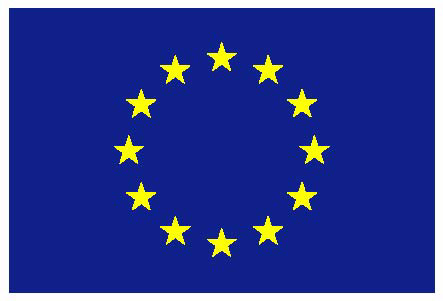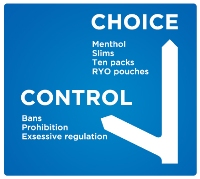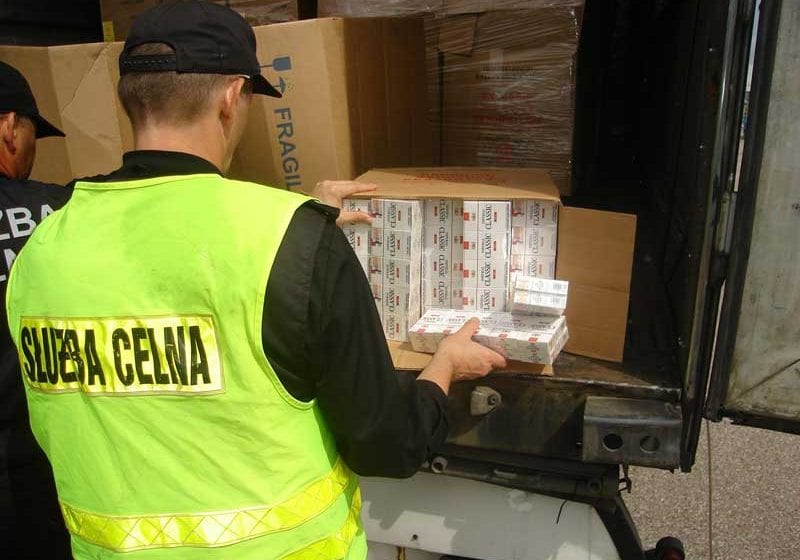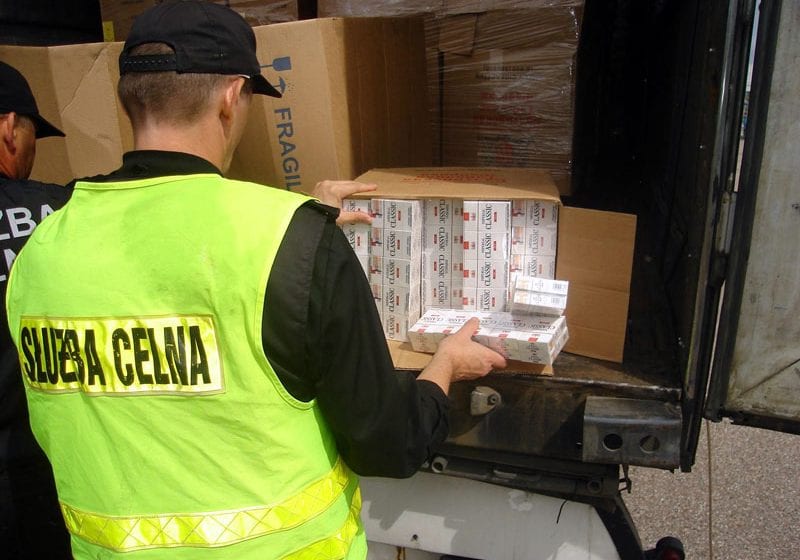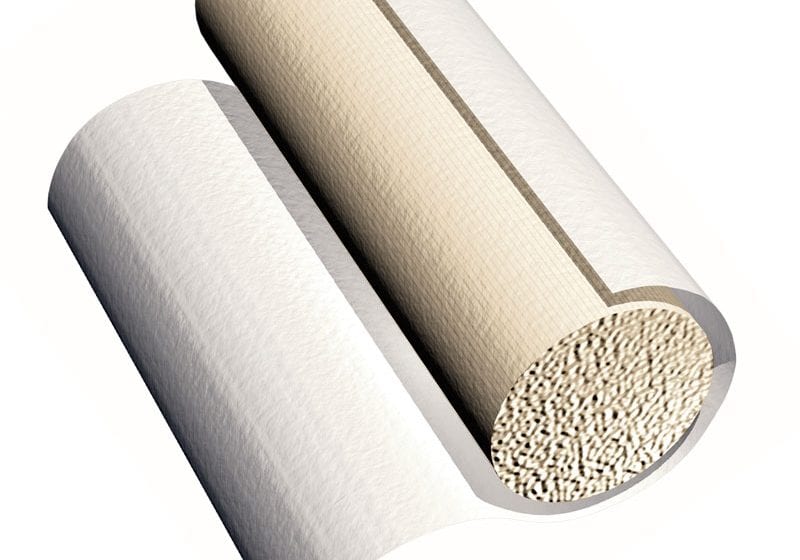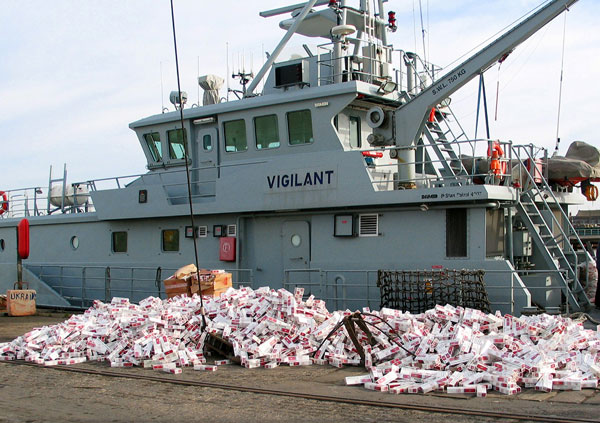There are, as a matter of principle, no limits on the number of duty-paid cigarettes a private individual can buy and transport with him when traveling between EU countries, the EU Commission has said in answer to two questions by the Lithuanian member of the European Parliament, Bronis Ropė.
But it perhaps should have added that it would be best for the individual if he traveled with a lawyer.
In a preamble to his questions, Ropė said he had been informed that a Lithuanian citizen traveling in his own car through Germany on August 10, 2017, was asked to pay customs duty on 10 cartons of cigarettes – excisable goods legally acquired in Lithuania that he was carrying in his car.
The driver’s wife and young child were also traveling in the car.
Ropė said the German officers, of the Hauptzollamt Magdeburg customs office, had drawn up report No K1/365/2017.
He then asked the Commission:
- Whether the German customs officers were entitled to request payment of customs duty for excisable goods that were legally acquired in the EU and were in transit through the territory of Germany; and
- If so, could the Commission please specify the legal grounds pursuant to which German officers are entitled to request the payment of such duties?
In its reply, the Commission said there were, as a matter of principle, no limits on the number of duty-paid cigarettes a private individual could buy and transport with him when traveling between EU countries.
‘Excise duty is due in the member state of purchase and not in the member state of destination, provided that the cigarettes are for the traveler’s own use and are transported by the traveler.
‘To determine whether these products are for the traveler’s own use, member states have to take all the following factors into account:
* The commercial status of the holder of the products and the reasons for holding them;
* The place where the products are located or, if appropriate, the mode of transport used;
* Any document relating to the products;
* The nature of the products;
* The quantity of the products.
‘With regards the last element, EU legislation provides guide levels (800 cigarettes), which member state authorities may use in certain situations. However, these guide levels are indicative only.’
The Commission said it could not comment on the specific case raised by Ropė.
However, it added, EU citizens had access to the competent national courts if they considered that measures taken were unjustified or infringed EU law.




